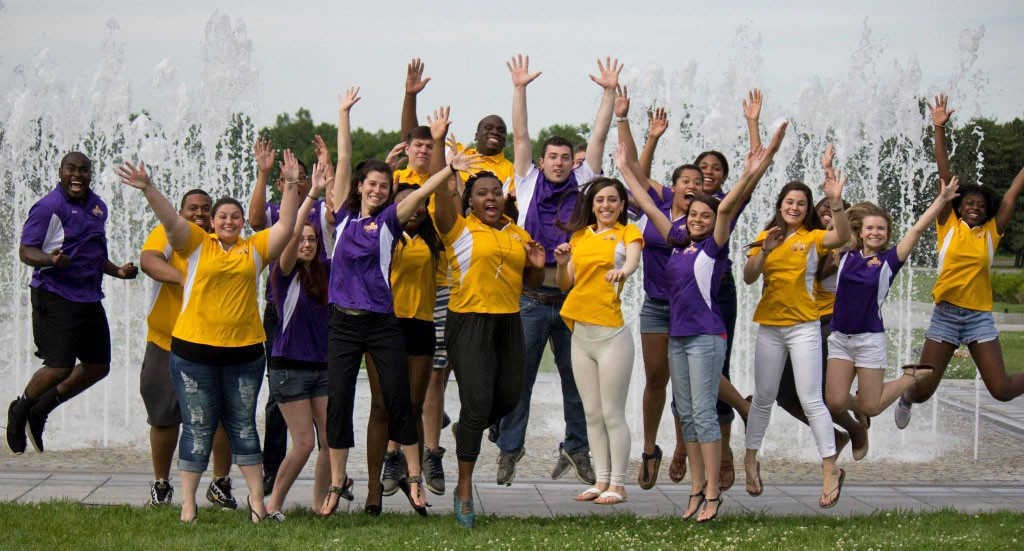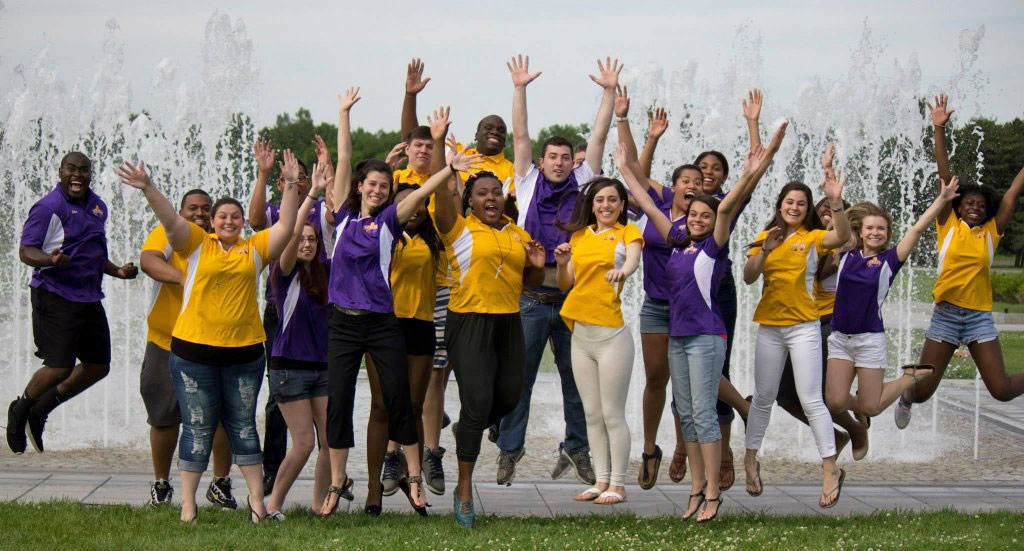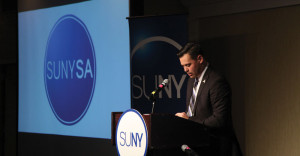
If your personality is naturally outgoing, communicative, and engaging, you probably enjoy being around groups of people and being a leader among them. Organizing social outings, responsibilities, and other activities would be no problem for you. So that obviously means that being a Resident Assistant may be a natural fit for you. And, of course, there are benefits to being an RA beyond the person-to-person leadership and engagement.
Applications to be a Resident Assistant for next academic year are usually due as early as the end of fall semester. So if you’ve been thinking about applying to be an RA next year, you’ll have to make a decision fairly soon. This fall, I started my third year as a Resident Assistant at the University at Albany, and the experience has been a great one.
For any RA hopefuls looking for some sound advice, here’s what I have learned from my experience with Residential Life.
- RAs are community builders – not police officers!
Contrary to popular belief, RAs don’t patrol their buildings, sniffing out trouble. Although RAs have an obligation to report policy violations they encounter, it is not their primary responsibility. Instead, RAs are expected to foster community in their residence halls. This includes creating bulletin boards and door tags to make residents feel at home, holding hall meetings and icebreaker activities, planning socials and other programs over the course of the semester, and getting to know each of your residents personally so they feel like they are a part of the community. - Prepare to live life in a fishbowl.
What does that mean exactly? Well, when you become an RA, suddenly there are infinitely more people who recognize you – residents, friends and family of residents, fellow RAs and other Res Life staff…the list goes on. This means that wherever you go, whether on or off campus, someone is likely to spot you. Think you can do a keg stand at that house party without anyone recognizing you? Think again – a photo of you will be on Facebook within the hour and you’ll be sitting in your Resident Director’s office the following morning. Being an RA means you have to make responsible choices that many of your peers don’t. - Being an RA will open many doors professionally.
You can start building a network from all of the connections you make with fellow RAs and Res Life staff, directors and supervisors, residents, members of organizations you collaborate with, and more. Additionally, experience as an RA is a very valuable addition to your resume. Being an RA is often synonymous with leadership skills, a strong sense of responsibility, teamwork, organization, and experience mediating conflicts. These skills are important ones to demonstrate when you’re trying to land an internship, win a scholarship, or get into grad school. - It will further your involvement on campus.
RAs are often some of the most involved students on campus; it’s rare to find one who isn’t a part of multiple organizations, clubs, and events outside of Res Life. As an RA, you will need to know a lot about campus life in order to answer all of the questions your residents might have (and they will have tons of questions). You will become very well-informed about all of the many amazing organizations, events, and opportunities on campus – as a result, you’ll want to participate in everything (and trust me, you will try to). Knowing what your school has to offer will help you find the student groups and activities that you are passionate about and might not have been aware of otherwise. And the best part is that you can share the knowledge with all of your residents, too! - It will be one of the most rewarding experiences of your life.
I’ll be honest: not every single one of your residents is going to welcome you into his or her life with open arms. If you have freshman or international residents, you might not have to work as hard to convince them that you are a useful resource. However, it can be an uphill battle sometimes, especially with upperclassmen who often want nothing to do with their RAs. Despite this challenge, there is nothing more rewarding than realizing you’ve impacted someone’s life for the better. If, for every 20 residents who disregard your help, there’s one whose college experience was improved because of you, then you’ll know your effort has been worth it.




